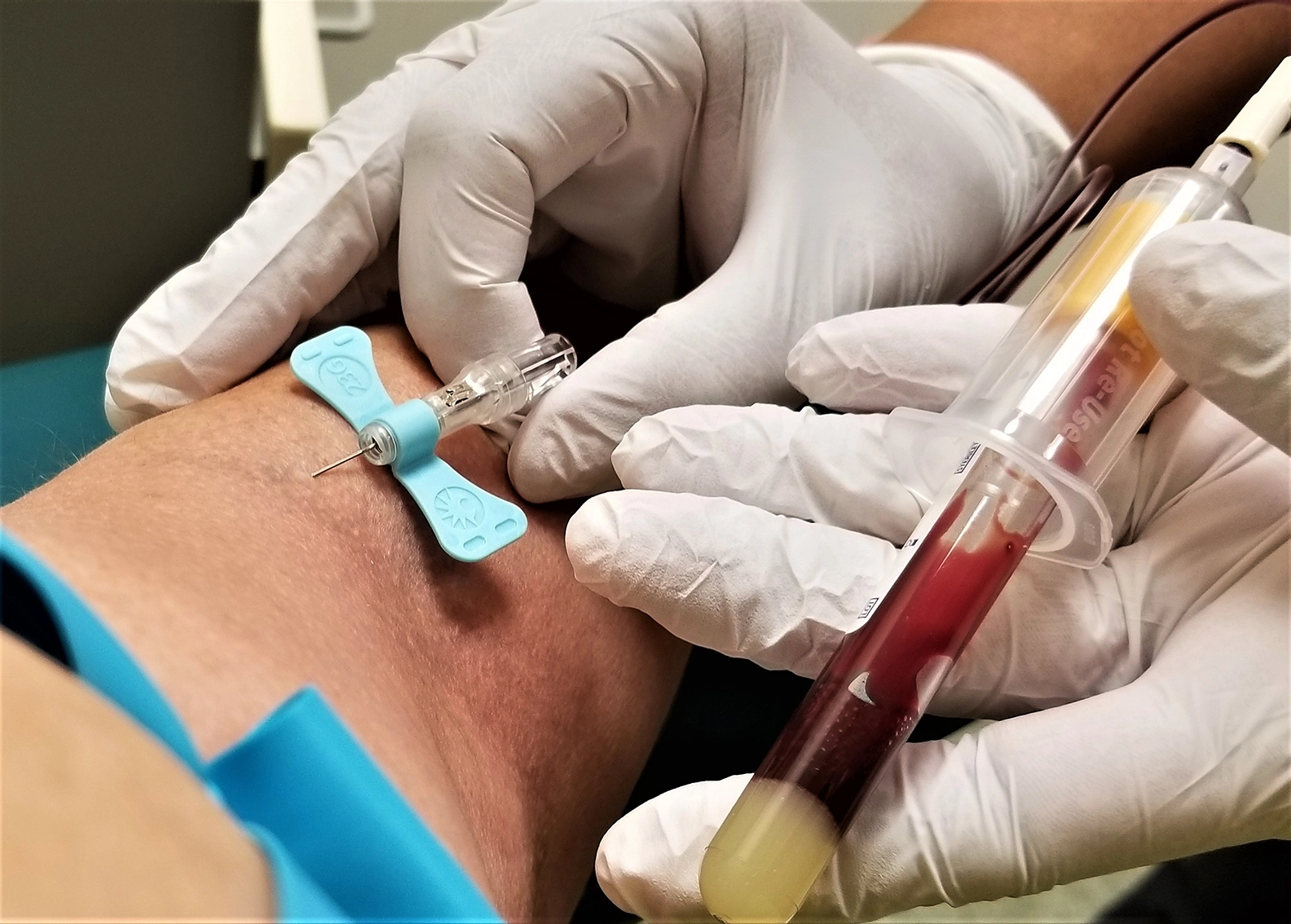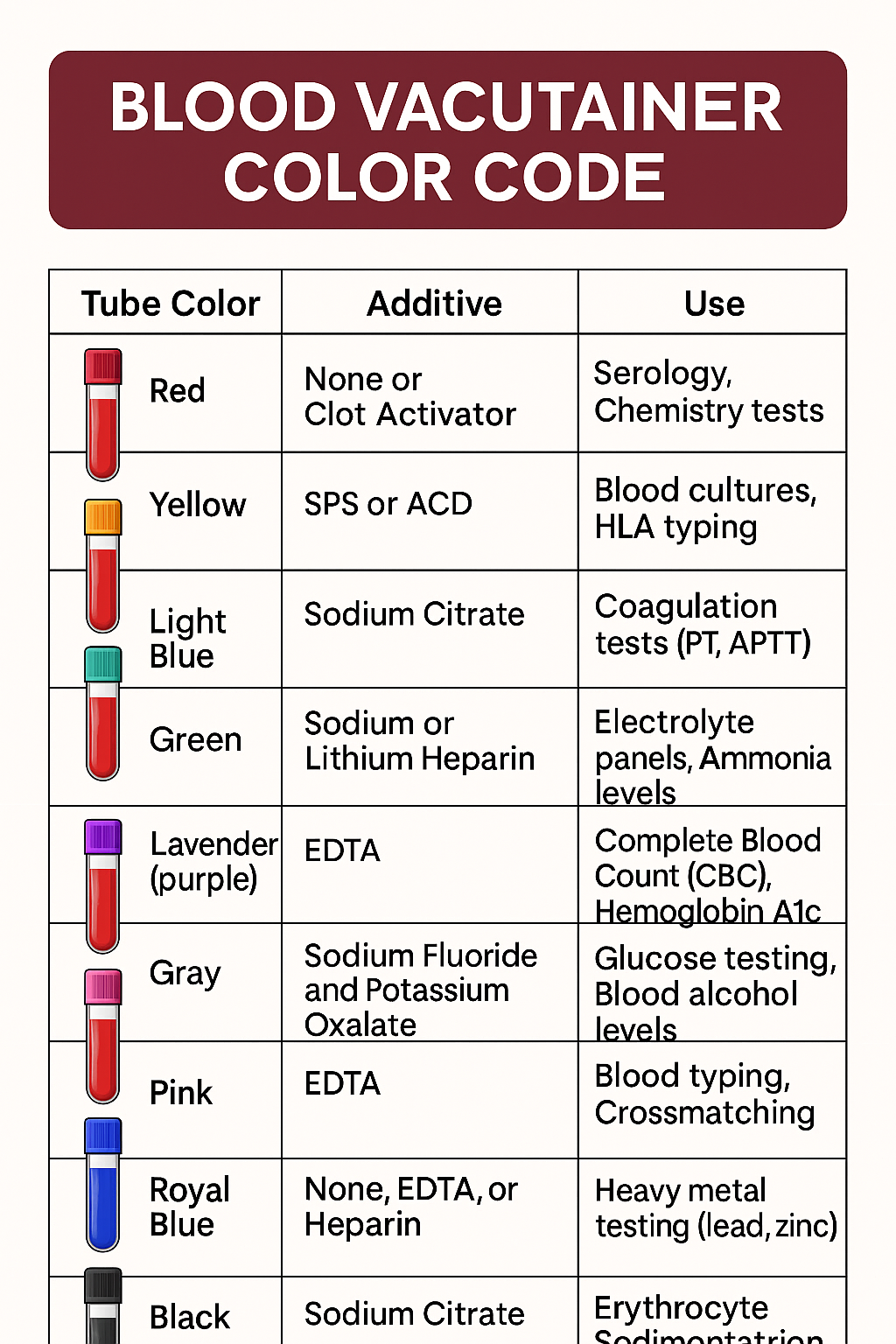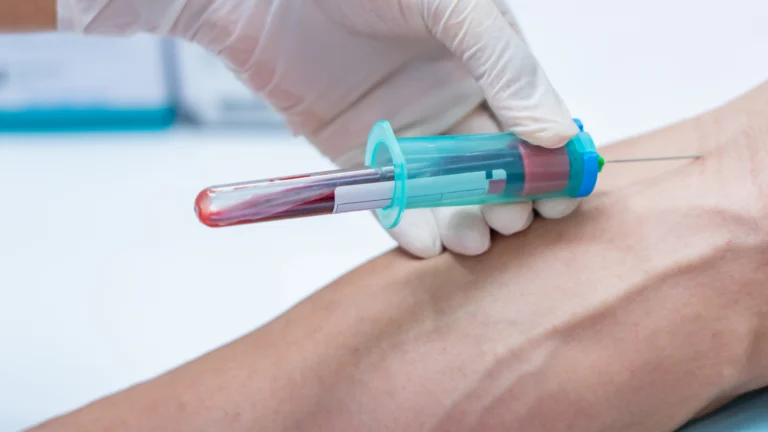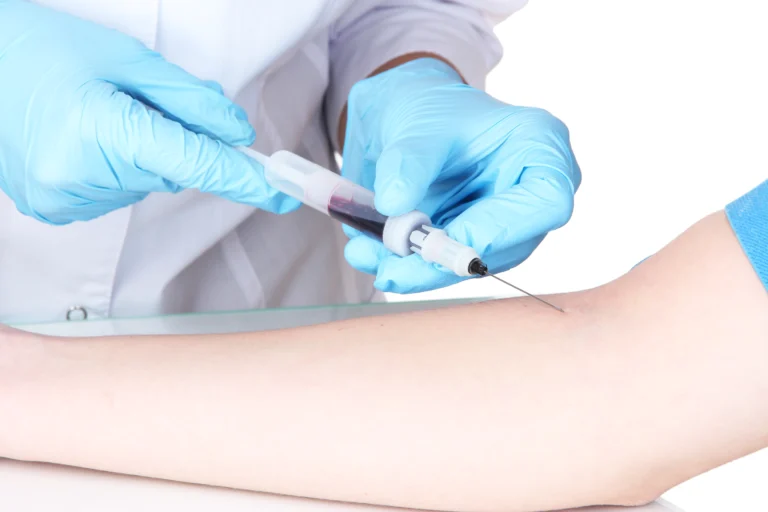Introduction
Phlebotomy, the art of drawing blood for medical testing or donation, plays a crucial role in healthcare diagnostics and treatment. Whether you’re considering a career as a phlebotomist or simply interested in learning more about this field, this comprehensive guide will provide you with valuable insights into phlebotomy techniques, training requirements, and career opportunities
Phlebotomy Techniques
Phlebotomy involves more than just inserting a needle into a vein; it requires precision, skill, and attention to detail. One of the fundamental techniques in phlebotomy is venipuncture, the process of puncturing a vein to collect blood. Phlebotomists must also master capillary puncture, which involves obtaining blood from the fingertip or heel for certain tests, particularly in pediatric or geriatric patients. Additionally, understanding the anatomy of veins and proper needle insertion angles are essential for successful blood collection
Phlebotomy Training
Becoming a certified phlebotomist requires specialized training to ensure proficiency in venipuncture techniques, blood collection procedures, and safety protocols. Phlebotomy training programs, offered by vocational schools, community colleges, and healthcare institutions, typically include classroom instruction, hands-on practical experience, and clinical rotations. Students learn about anatomy and physiology, infection control, specimen handling, and communication skills. After completing a training program, aspiring phlebotomists must pass a certification exam administered by organizations such as the National Phlebotomy Association (NPA) or the American Society for Clinical Pathology (ASCP) to become certified
Career Opportunities
Phlebotomy offers diverse career opportunities in various healthcare settings, including hospitals, clinics, laboratories, blood banks, and diagnostic centers. Certified phlebotomists may work as laboratory technicians, medical assistants, or donor phlebotomy specialists. With additional training and experience, they can advance to supervisory or management roles within the healthcare industry. Moreover, phlebotomy certification serves as a valuable credential for individuals pursuing careers in nursing, medical assisting, or other allied health professions
Conclusion
Phlebotomy is an essential component of modern healthcare, facilitating the diagnosis, treatment, and monitoring of medical conditions. By mastering phlebotomy techniques through specialized training and certification, individuals can embark on rewarding careers as certified phlebotomists. Whether you’re interested in patient care, laboratory science, or healthcare administration, phlebotomy offers a pathway to fulfilling and meaningful work in the healthcare field




